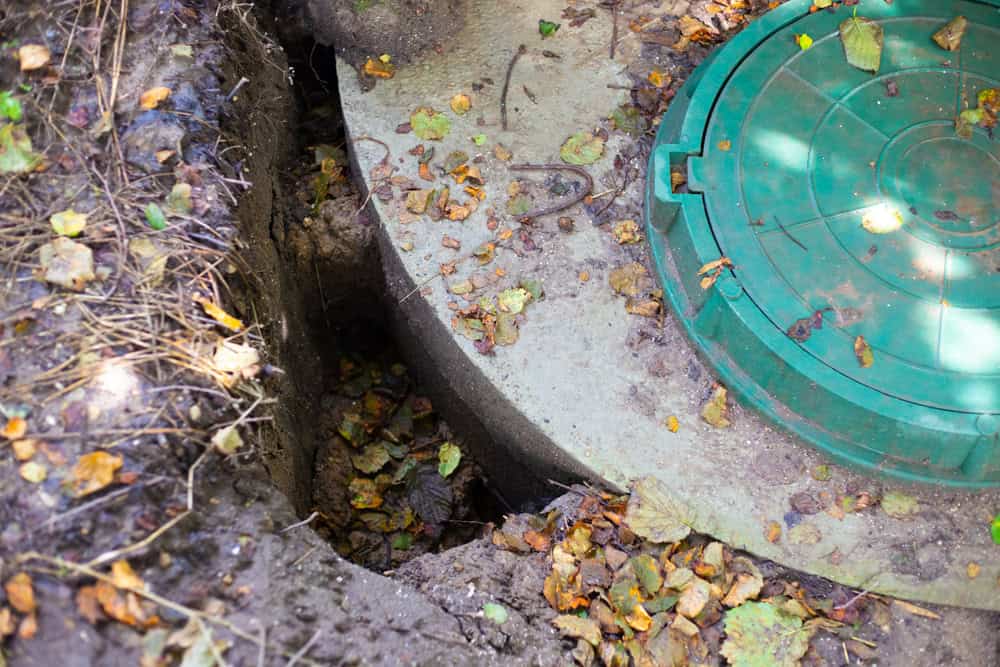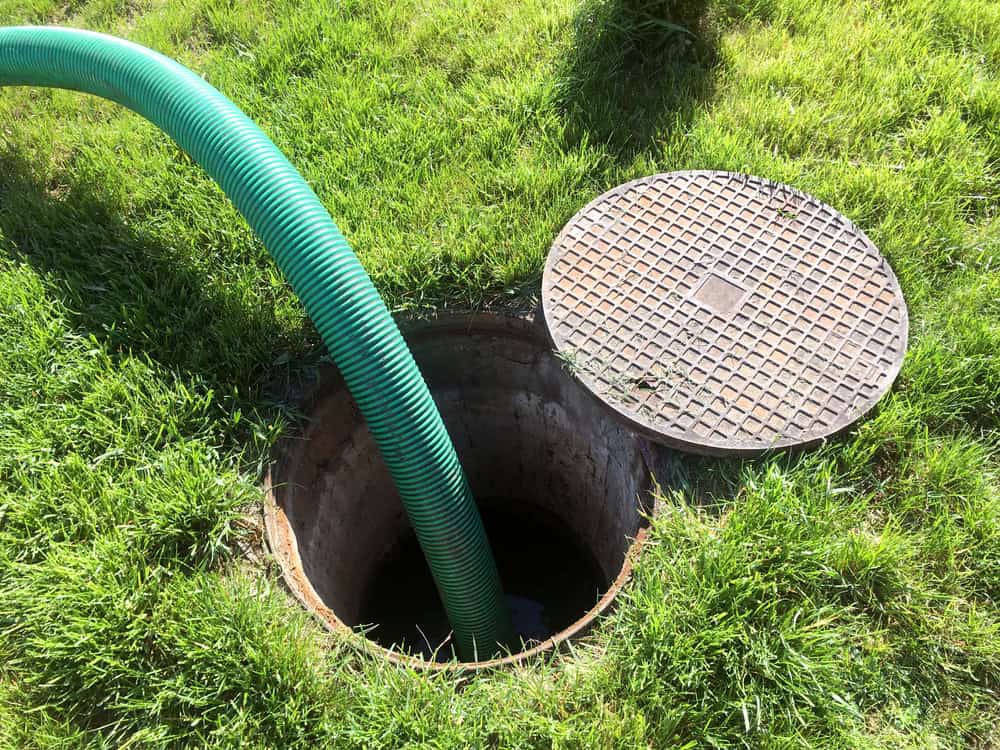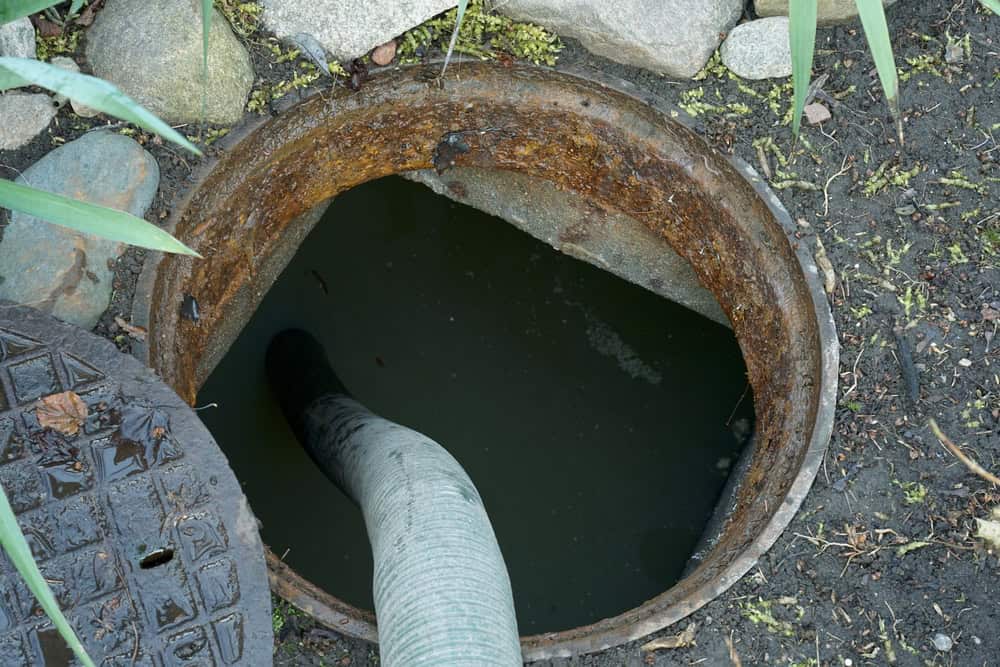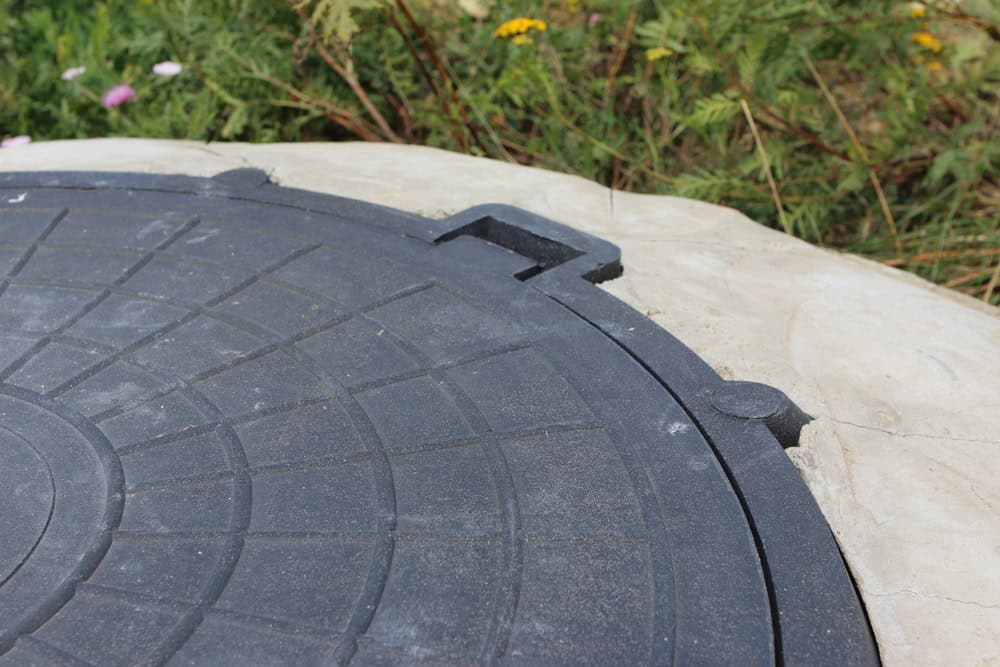Cesspool Service in Manhasset, NY
Expert Cesspool Care Nassau County, NY
Get top-notch cesspool services in Manhasset with EZ Cesspool. We ensure your cesspool is efficient and trouble-free.
What our clients say




Why Choose Our Services
Benefits You Can Count On
- Regular maintenance prevents costly repairs and system failures.
- Improved sanitation and environmental safety.
- Extended lifespan of your cesspool system.
- Peace of mind knowing experts handle your cesspool needs.

About EZ Cesspool
Your Local Cesspool Experts
EZ Cesspool has been serving Manhasset, NY, and Nassau County with excellence in cesspool services. Our team is trained, certified, and committed to providing the best residential and commercial cesspool maintenance. Trust us for all your cesspool needs.

Our Process
Efficient and Thorough
- Inspection: We start with a comprehensive cesspool inspection.
- Maintenance: Routine cesspool maintenance is carried out to prevent issues.
- Repair: If needed, we provide expert cesspool repair services.


Comprehensive Cesspool Services
Your Complete Solution
Cesspool services are crucial for maintaining the hygiene and efficiency of your property. At EZ Cesspool, we offer a full range of services, including cesspool inspection services, cesspool repair services, and comprehensive cesspool management services. Serving Manhasset, NY, and Nassau County, we are your go-to experts. Contact us at 516-676-1199 for reliable and professional service.
View Our Septic Tank Services
About EZ Cesspool Long Island
Contact us
The Matinecock had a village on Manhasset Bay. These Native Americans called the area Sint Sink, meaning “place of small stones”. They made wampum from oyster shells. In 1623, the area was claimed by the Dutch West India Company and they began forcing English settlers to leave in 1640. A 1643 land purchase made it possible for English settlers to return to Cow Neck (the peninsula where present-day Port Washington, Manhasset, and surrounding villages are located.).
Manhasset Bay was previously known as Schout’s Bay (a schout being roughly the Dutch equivalent of a sheriff), Martin Garretson’s Bay (Martin Garretson was the Schout at one point), and later Cow Bay or Cow Harbor. Cow Neck was so called because it offered good grazing land. By 1659, there were over 300 cows and 5 mi (8 km) fence separating Cow Neck from the areas to the south. The settlers came to an agreement that each of them could have one cow on the neck for each section of fence the individual had constructed. The area was more formally divided among the settlers when the fence was removed in 1677. Manhasset took on the name Little Cow Neck, Port Washington was known as Upper Cow Neck.
During the American Revolution, Little Cow Neck suffered at the hands of the British. Many structures and properties, such as the 1719 Quaker Meeting House were burned, seized or damaged. The Town of North Hempstead separated from the Town of Hempstead in 1784 because the South, inhabited mainly by Church of England people, was loyal to the king. The Northern communities and villages, dominated by Yankee Congregationalists supported independence.
Learn more about Manhasset.